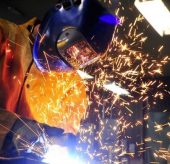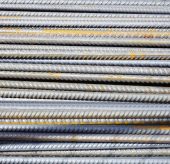Welding is generally utilized on a similar basis across most industries; therefore, welders are fortunate to have the flexibility to follow the fluctuating demands in any particular industry. Specialists, such as Lincoln Welders, keep up-to-date on the latest supplies and equipment available, along with the shifting scenarios related to the demand for welders in various industries.
Welders laid off in one industry can seek new employment in another, unrelated industry. Career welders are usually in high demand and Miller has the qualified personnel and hands-on experience to service customers regardless of the project or budget. Although automation has impacted the welding industry to some extent, particularly in manufacturing, there is still be a need for welders to operate automated and semi-automated welding machines.
In addition, welders are required for inspection of completed welds and to make adjustments as needed. Suppliers of welding and related products, like Lincoln Welders, are experienced with customized welding work, including motorcycle frames, wrought iron, and building construction—jobs that, in many cases, are impossible to automate.
Employment prospects for welders can vary, and will, to a significant degree, be dependent on experience and skill level. Continuing education and training in the latest welding technologies is crucial. At present, welding schools report students have few challenges in finding jobs upon graduation! However, expertise, like that found in companies like Miller Welders, can only be gained through years of experience.




